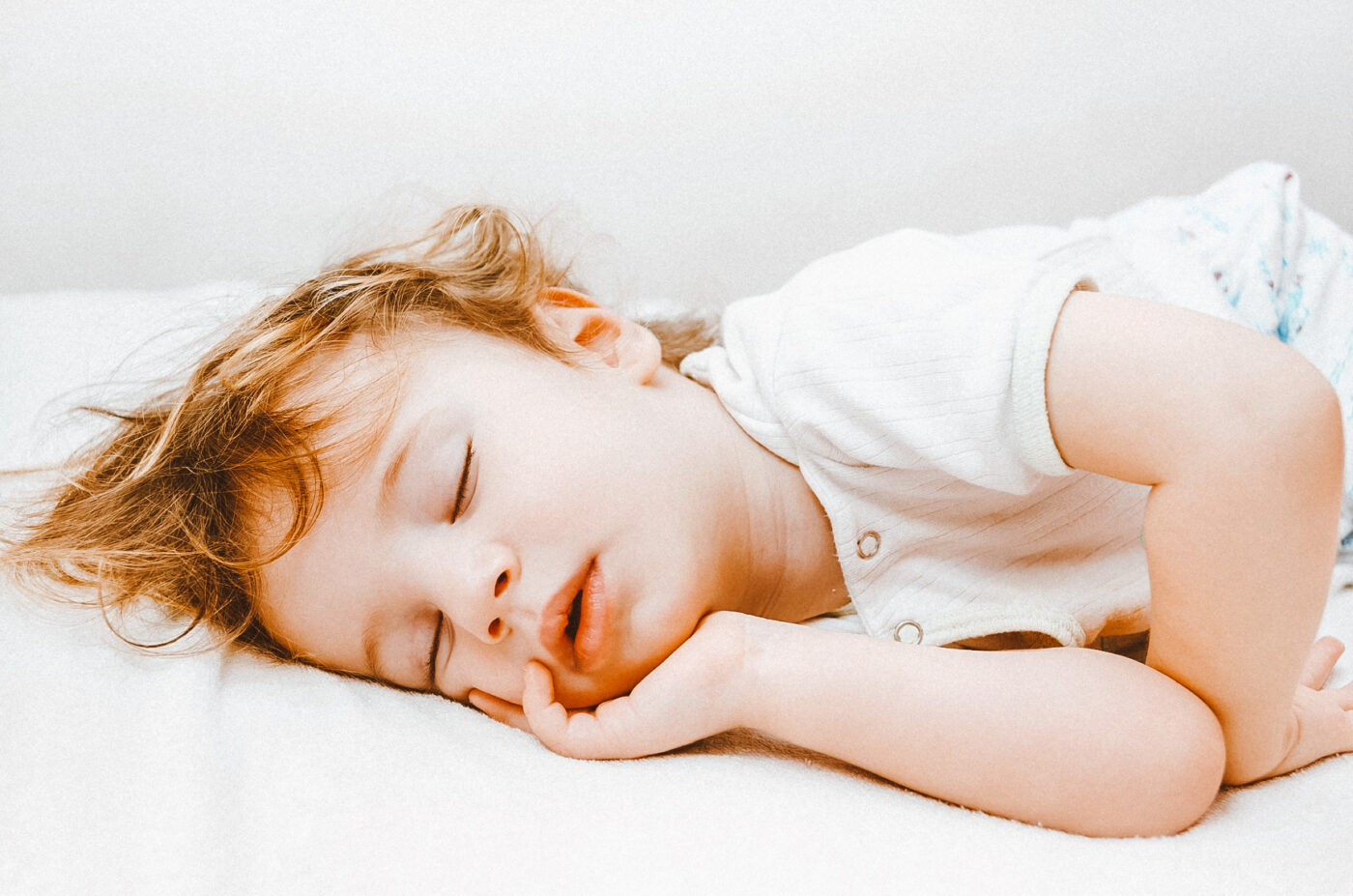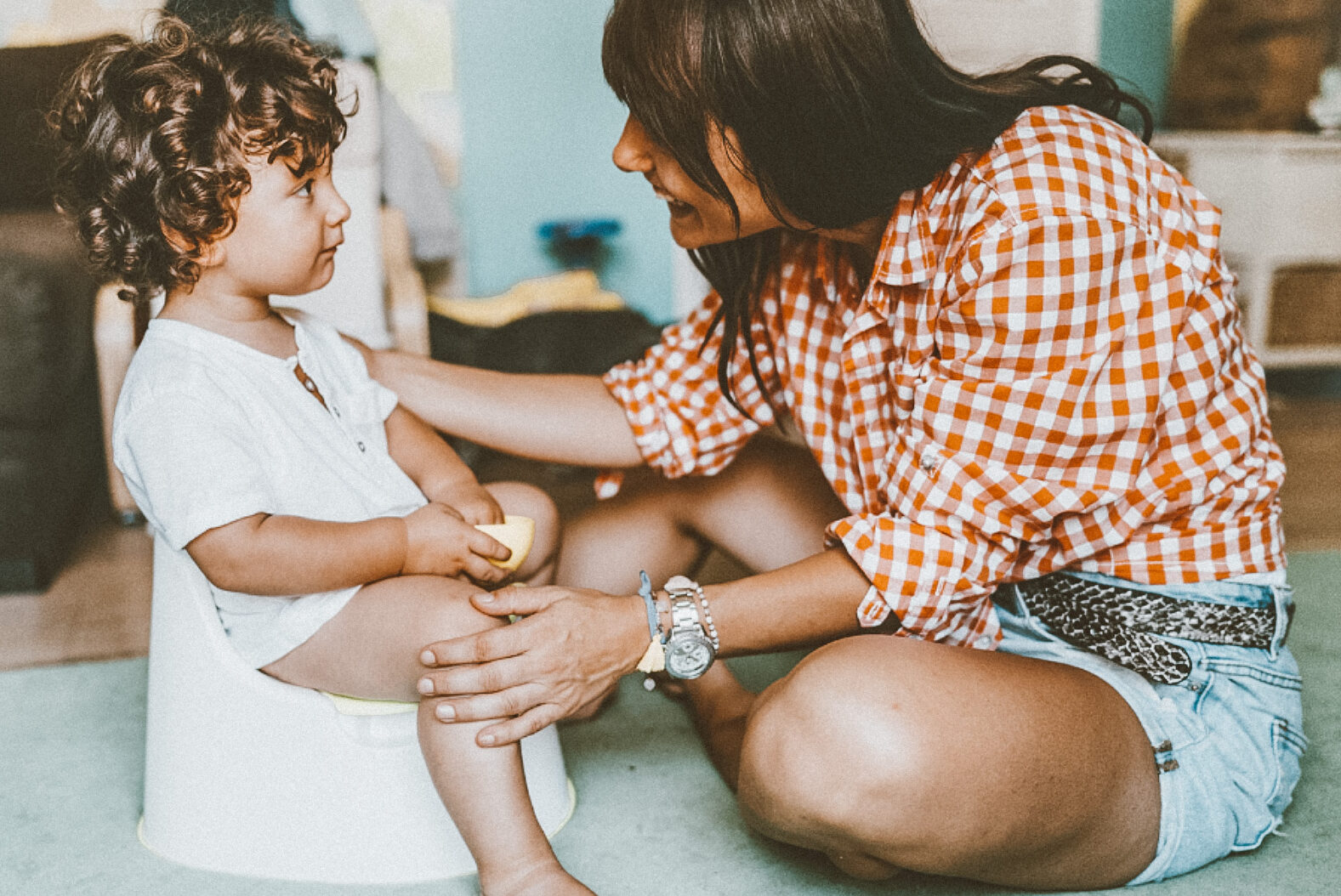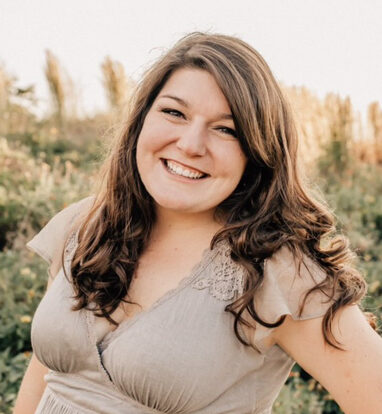Going Out to Dinner with Kids While on a Sleep Schedule
How Potty Training Impacts Sleep
Potty training can impact your child’s sleep, especially in the early stages, but there are ways to ease the transition for all. It is important to us that families know it’s possible to enjoy the benefits of both. A potty-trained toddler does not have to mean giving up predictable, restorative, quality sleep for your household! This is one of those few areas where over time, we CAN have our cake AND eat it, too!
Is Overnight Potty Training Necessary?
Initially when potty-training, depending on your child’s age, he or she might wear a diaper for overnight sleep. This isn’t a problem at all. If your child is still waking up heavily wet, focus on daytime training first.
However, we recommend tackling the process of night-training by about 3.5 years old. Limiting liquids in the evening is a great way to start this process. For our potty training clients, we also recommend implementing a “double pee” process in the bedtime routine to empty the bladder as much as possible. Have your child use the bathroom at the start of the bedtime routine and again after reading books, immediately before laying down.
When diapers are removed, our goal is to reduce the likelihood of any nighttime accidents. That way, we can ensure sleep remains as uninterrupted as possible.
Should I Sleep Train First or Potty Train?

If your child is not yet an independent sleeper, tackle the sleep transformation first! The process of potty-training is far more successful (and less frustrating) when you’re embracing the change while well-rested yourself and teaching a well-rested child. As with any major change, toddlers can experience some anxiety through the process of potty-training. Anxiety is much easier to work through when everyone is sleeping well.
Of course, toddlers are also natural-born boundary pushers. Therefore, we often see children using the novelty of the potty as a reason to wake or even as a stall tactic at bedtime. We have very effective strategies to work through these issues as well!
Reducing the Impact on Sleep
If your child is already a great, independent sleeper, here are a few tips we recommend to minimize the impact of potty-training on sleep:
1.) Provide a Bedtime Routine
Continue to provide a consistent and predictable bedtime routine. Do not underestimate the importance of maintaining a great structure around sleep expectations. The familiarity will allow your child to feel safe and secure and promote great sleep. Always include using the potty as a final step in the routine to be sure your child’s bladder is empty (or use the “double pee” method described above). We want to set every child up for success in being prepared for long, consolidated stretches of sleep.
2.) Encourage Daytime Potty Use
If you are early on in the potty-training process, it is absolutely okay to prompt – but not pressure! – your child to use the restroom in reasonable intervals throughout the day. Emptying the bladder effectively throughout the day without holding it too long (over 3 hours) can reduce the likelihood of overnight accidents.
3.) The Power of Patience
Potty-training is a big change for you and your child, so give your little one grace. Be very patient throughout the learning process. Keeping your expectations in check helps your mindset and reduces stress along the way. It also allows you to respond to your child in a way that promotes the most learning. Accidents will happen. Sheets will need changed. Do not panic, overreact, or underestimate the power of patience! Your calm, consistent response will help your child master the skill.
4.) Limit Nighttime Fluid Intake
If you are tackling the process of overnight training, encourage your child to drink lots of fluids throughout the day. In the first half of the day especially, remind your child to drink often to stay well-hydrated and use the bathroom more frequently. In the final hour before bedtime, limit fluid intake to reduce the need for nighttime restroom usage. Specifically, do not offer milk after dinner time.
Take the Confusion out of Potty-Training

Every child is different. Undoubtedly, it takes time to potty train entirely. And did I mention patience? Patience is key!
Regardless, you shouldn’t feel like teaching your child to use the potty has to come at the expense of good sleep. If you are struggling or feeling confused and frustrated, don’t hesitate to reach out. Our Potty Course offers step-by-step guidance through every aspect of potty training. Your purchase includes lifetime access, so it is a tool you can reference for years to come or for multiple children as they grow. Further, our consultants offer one-on-one support to answers the specific questions you have about your child’s journey. We can guide you in coaching your child through potty-training with confidence (and with good sleep)!

Kelsey Hotchkiss is a Certified Pediatric Senior Sleep Consultant and Certified Potty Training Consultant that has worked with hundreds of families over the last five years. As both a long-time educator and a mother of three, Kelsey is passionate meeting the needs of the whole child and helping families make the most informed decisions. She strives to help parents enjoy every stage of the parenting journey with confidence and support!


